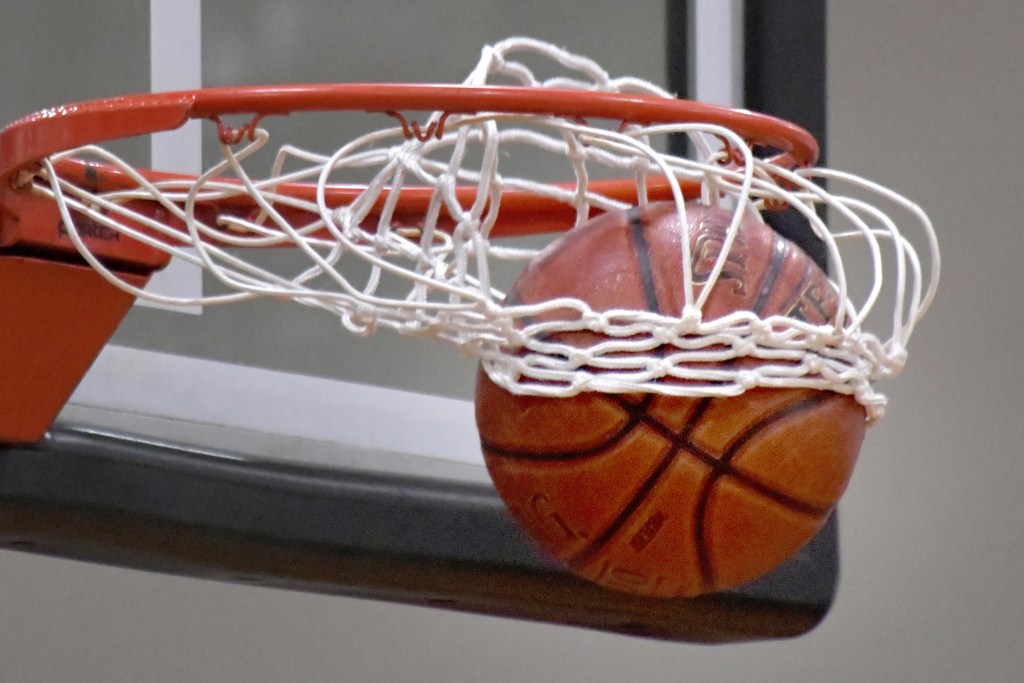
PHILADELPHIA — Temple University said Friday it will review reports that show at least one game involving its men’s basketball team was flagged for unusual betting activity while Loyola Maryland said it had removed a person from its basketball program after it became aware of a gambling violation.
The separate investigations emerged within hours of each other and a little more than a week before the NCAA tournaments open and in the midst of conference tournaments. It was a stark reminder that the spread of legalized gambling across the country has resulted in a handful of incidents involving college sports programs.
Loyola said in a statement to The Associated Press it had taken swift action when its basketball program was compromised.
“Loyola was made aware of an individual’s gambling violation that was promptly reported to the NCAA. The individual was immediately removed from the program, and the NCAA accepted the self-report and took no further action,” the school said without identifying the person or the timing of the move.
Loyola, which finished the season with a 7-25 overall record, said gambling watchdog U.S. Integrity had analyzed its games and “no anomalies” were discovered. The announcement came only hours after basketball coach Tavaras Hardy stepped down after six seasons; a person with direct knowledge of the situation told the AP on condition of anonymity because details are not being released that Hardy is not the person who was removed from the program over the gambling violation.
In Philadelphia, the betting line for Thursday night’s game between Temple and UAB surged from the Blazers opening as a two-point favorite to reaching as high as eight points, per tracking website Covers.com. UAB covered the spread with a 100-72 win at Temple.
“We are aware of the media reports regarding last night’s men’s basketball game,” Temple said. “We will review the reports thoroughly in accordance with university and NCAA policies. While we can’t comment any further at this time, we take this matter very seriously.”
The Owls are members of the American Athletic Conference, which confirmed it is a client of U.S. Integrity and had no additional comment. U.S. Integrity said it was in the “very early stages of acquiring information” but otherwise declined to comment on an ongoing investigation. A UAB spokesman declined comment, adding “this does not apply to us.”
The Pennsylvania Gaming Control Board said it “received the alert and are reviewing the matter to see if there’s any impact in Pennsylvania.”
The point spread can dramatically shift when sportsbooks are taking in money on one side of a game. The line could be suspicious if, for example, an overwhelming amount of money came in on UAB — unusual in an otherwise meaningless college basketball game without major injuries or suspensions to key players.
At Westgate, which has sportsbooks in nine states, the line moved from 2 1/2 points to 8 at one point. Jay Kornegay, the race and sports manager at Westgate Las Vegas, said once the line reached 7, the money was even both sides, typically an indication a game is on the level. Sportsbook directors often become suspicious when there is an inordinate amount bet on one side.
“We looked at it closely to monitor any type of injury late,” Kornegay said of the Temple-UAB game. “But when we looked at the box score, everyone played. It’s a big move and that’s not normal, but we didn’t see anything suspicious.”
Temple is just 11-19 in coach Adam Fisher’s first season and plays the regular-season finale Sunday in San Antonio against UTSA. The Owls open the conference tournament next week in Fort Worth, Texas.
The growth of legal sports betting in the U.S., especially among college-aged people, has prompted concerns about increased stress on athletes and raised the potential for wrongdoing. NCAA President Charlie Baker said earlier this year the NCAA is trying to modify “draconian” penalties college athletes face for breaking rules regarding betting on sports.
The topic drew headlines last year in two prominent cases: About two dozen Iowa State and Iowa athletes were criminally charged after a state investigation into illegal sports wagering; some charges were dropped after investigators were found to have misused tracking software that detected open mobile betting apps in Iowa State athletic facilities.
That happened not long after Alabama fired its baseball coach amid an investigation into suspicious bets involving a Crimson Tide game at LSU; Brad Bohannon was accused of providing information to a gambler who used it to make illegal wagers against the Crimson Tide.
U.S Integrity last May launched a tip line to help athletes, coaches and staff to anonymously report suspicions about gambling activity to regulators and law enforcement.